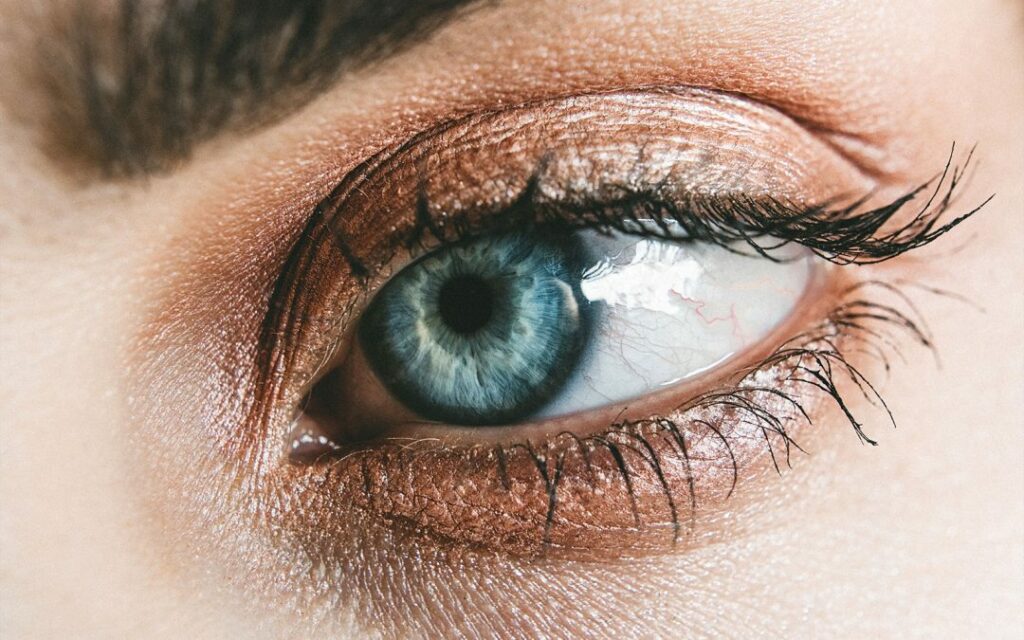As its name implies, dry eye is a condition in which the eyes fail to manufacture enough tears to prevent them from drying out. Occurring primarily in older adults, the condition results in a burning or itching feeling in the eyes, and vision may also be impaired. Left untreated, dry eye may cause significant damage to the exterior of the eye.
CAUSES OF DRY EYE
Dry eye has several different causes, including age, exposure to environmental conditions such as smoke, wind, and airborne allergens, and certain medical conditions such as diabetes, rheumatoid arthritis, and thyroid disease. Women who are experiencing menopause or using oral contraceptives are at an increased risk of developing dry eye as well as those using medications such as antihistamines, antidepressants, decongestants, and certain medicines prescribed for high blood pressure. Those who have worn contact lenses and patients who’ve recently undergone LASIK surgery are also at higher risk of experiencing dry eye.
Dry eye is diagnosed through a thorough examination by qualified ocular care professional. Testing includes an evaluation of the patient’s history and a comprehensive examination of the eyes that includes testing designed to determine the quantity of the tears as well as their quality. Following the examination, the doctor will advise a course of treatment specific to the individual needs of the patient.
TREATMENTS FOR DRY EYE
Treatments for dry eye include over-the-counter and prescription artificial tear preparations. Prescription eye drops designed to promote increased tear production, and blocking the tear ducts with removable silicone plugs. Some patients find relief by taking supplements fortified with omega-3 fatty acids.
In some cases, the doctor may recommend a procedure that permanently closes the tear ducts.
Patients can also reduce the symptoms of dry eye by making sure their home and work environments have adequate humidity. Many of those suffering from dry eye as a result of working on computer screens, so they’re advised to remember to blink often and to consider using screens developed to reduce eyestrain. Wearing wraparound sunglasses helps decrease environmentally caused irritation to the eyes, and staying well-hydrated by drinking at least eight glasses of water per day is also recommended. Please don’t hesitate to contact us at your convenience for more information on keeping your eyes as healthy as possible.

